Publications
Articles, publications, books, tools and multimedia features from the U.S. Institute of Peace provide the latest news, analysis, research findings, practitioner guides and reports, all related to the conflict zones and issues that are at the center of the Institute’s work to prevent and reduce violent conflict.
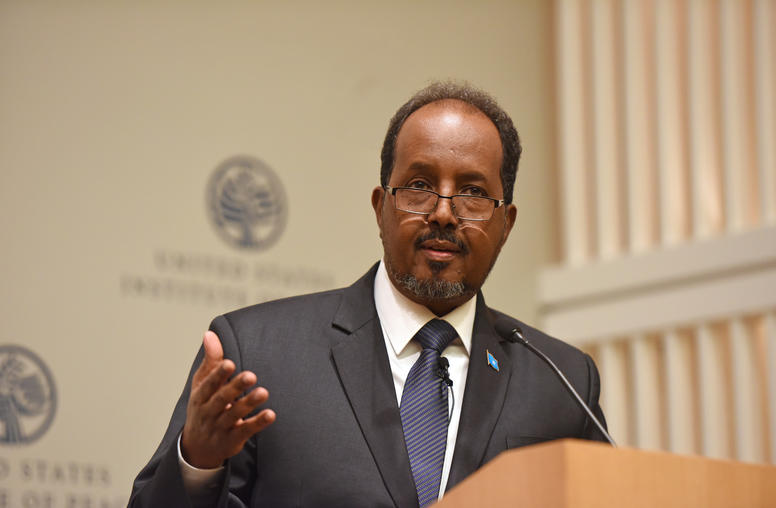
Somalia Seeks Best Possible Elections, More Security Aid
Four years after the formation of a federal government in Somalia, the country has built nascent institutions, but it will need years of financial and security support to make the new state effective, President Hassan Sheikh Mohamud said April 20 at USIP. The country’s next critical step will be to hold national elections before September, a vote that Mohamud said will be less democratic than he and other Somalis had hoped—but an improvement in a country that has not elected any government since 1969.
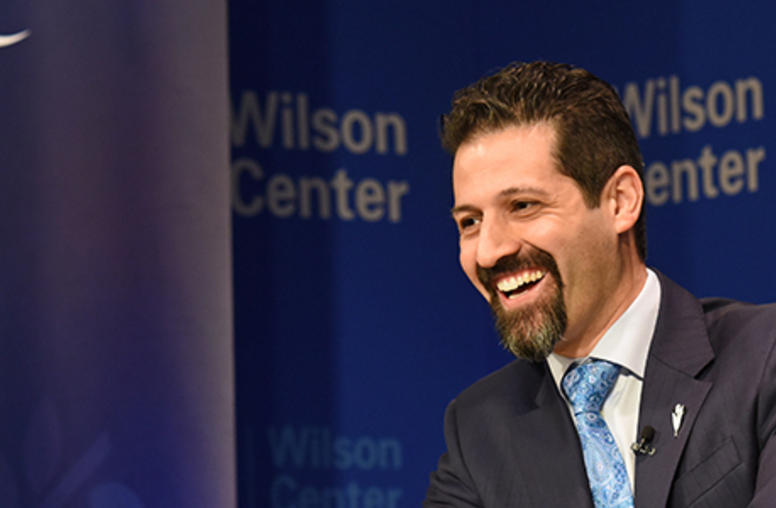
Iraq Operation to Recapture Mosul Needs Plan for Aftermath
The planning taking place to recapture Iraq’s second-largest city, Mosul, from the “Islamic State,” or ISIS, extremist group should involve not only meticulous military preparations but also careful thought to ensuring a peaceful aftermath is sustainable over the long term, said Qubad Talabani, the deputy prime minister of the country’s Kurdish region, which has helped lead the drive to end the extremist organization’s hold on vast swaths of territory. But the Kurdistan Regional Government (K...
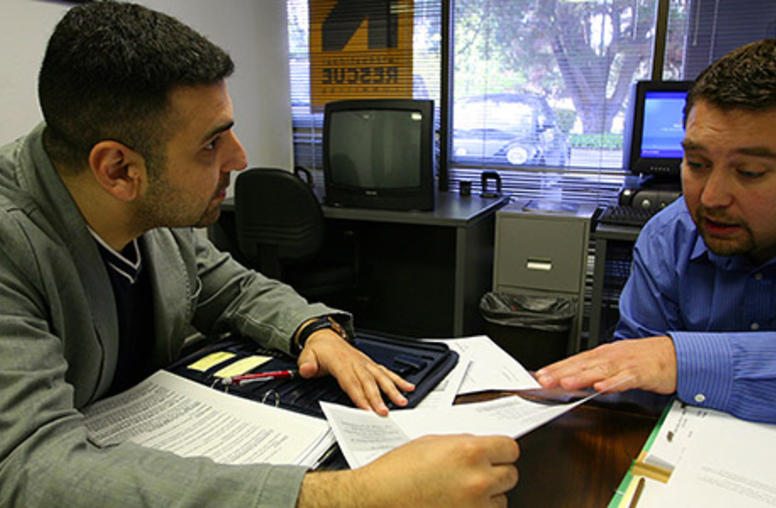
Panel Urges New View of Middle East Refugees
The refugee crisis that has spread to Europe and the breakdown of the Middle East’s century-old political order demand new thinking about the economic role of displaced people and a reassessment of donor strategies to rebuild societies in conflict, a working group convened by the U.S. Institute of Peace concluded. The panel’s report, developed under USIP’s Manal Omar and Elie Abouaoun as part of Atlantic Council’s Middle East Strategy Task Force, calls for refugees to be viewed as potential e...
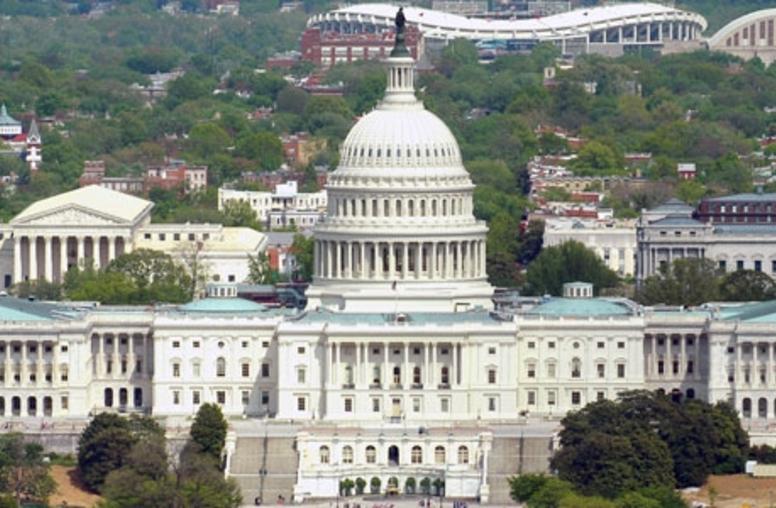
The Causes and Consequences of Violent Extremism and the Role of Foreign Assistance
Nancy Lindborg, USIP president, submitted testimony for the record, to the Senate Appropriations Subcommittee on State, Foreign Operations and related programs.
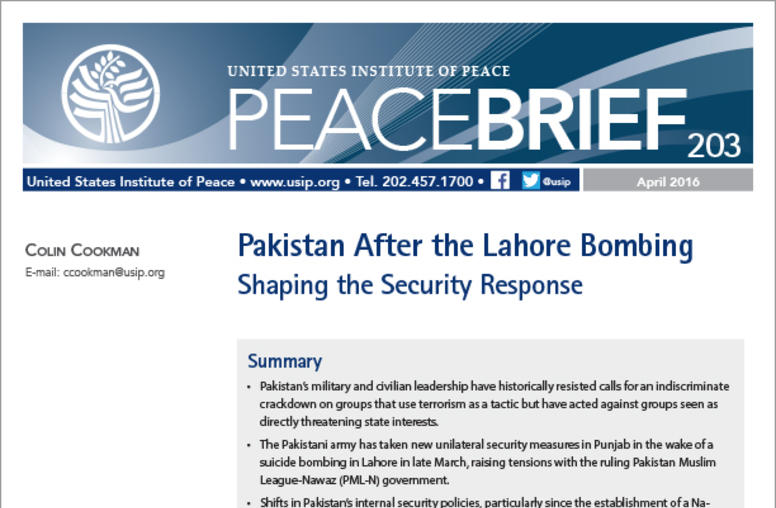
Pakistan After the Lahore Bombing: Shaping the Security Response
Pakistan’s responses to terrorism affect both internal security and the overall balance of power. In light of the attack in Lahore, this brief discusses the implications of the current civil-military relationship and the continuing struggle over who has discretionary power to set and implement relevant policy.
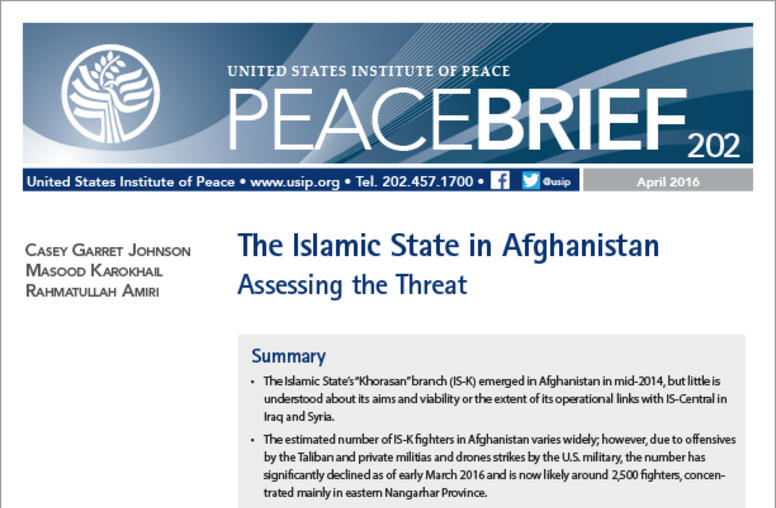
The Islamic State in Afghanistan: Assessing the Threat
While the Islamic State in “Khorasan” (IS-K) gained strength in Afghanistan’s Nangarhar Province starting in mid-2014, Taliban and private militia offensives, as well as U.S. drone strikes, have significantly reduced the total number of fighters as of March 2016. However, several factors could reverse this trend. This brief assesses the viability of IS in Afghanistan and whether it poses a long-term threat in the country.
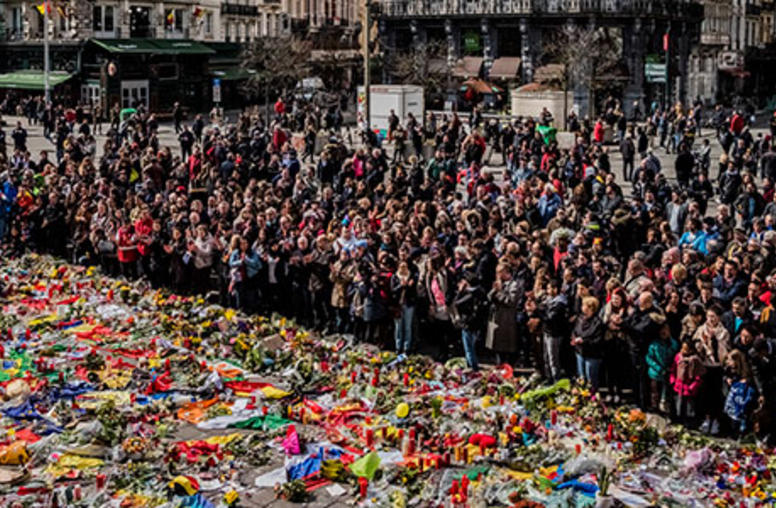
Brussels Attacks Highlight Connection to Regional Arcs of Crisis
My sympathy goes out to the survivors and families of those who died in the terrible attacks in a string of bombings over this last week -- from Brussels to Baghdad to Lahore. I was in Brussels on a business trip and was preparing to leave my hotel to catch a flight back to Washington when we got word of the explosions at the airport and the metro station there. The terror that was palpable last week in Brussels is sadly all too common in those five countries that top the list for violent extremist incidents and fatalities: Iraq, Pakistan, Afghanistan, Nigeria and Syria. And, we are increasingly seeing the outward ripples.
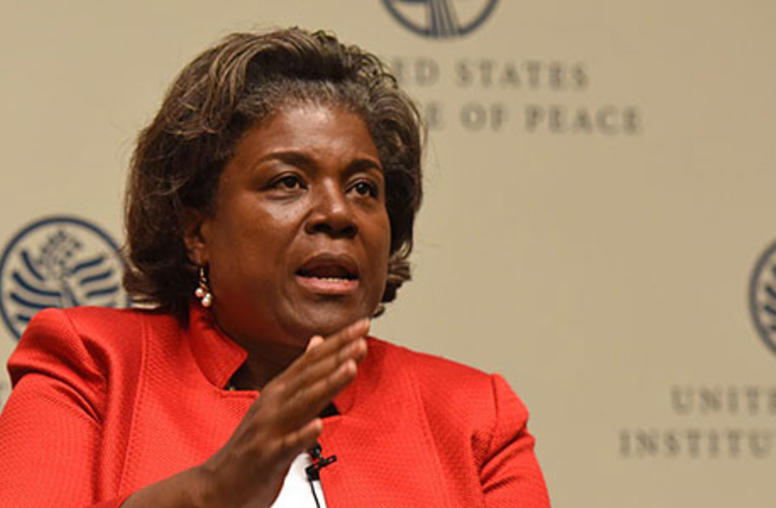
In Nigeria, U.S. Seeks a Way Home for Boko Haram Defectors
The senior U.S. diplomat on Africa urged Nigeria to look beyond military measures in its fight against Boko Haram, and to consider how it treats both the extremist group’s victims and its fighters who may be ready to defect.
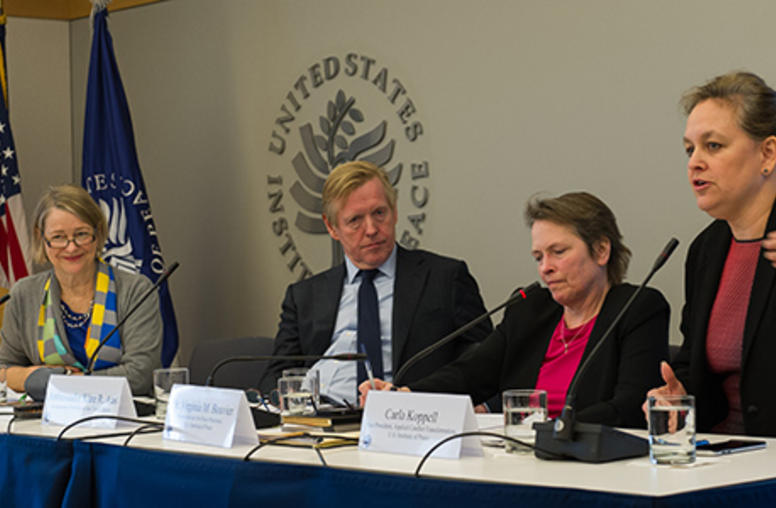
Women and Peace: A Special Role in Violent Conflict
In Liberia, women, excluded from talks to end the country’s civil war, besieged negotiators until they signed a deal. In Guatemala, where insurgents and the government each had a female delegate in talks, pressure from women put indigenous, gender and labor rights into an accord. In Northern Ireland, women placed the needs of victims and political prisoners on the agenda after winning a role in peace negotiations. Wherever there’s an effort to settle violent conflict, women’s involvement impr...
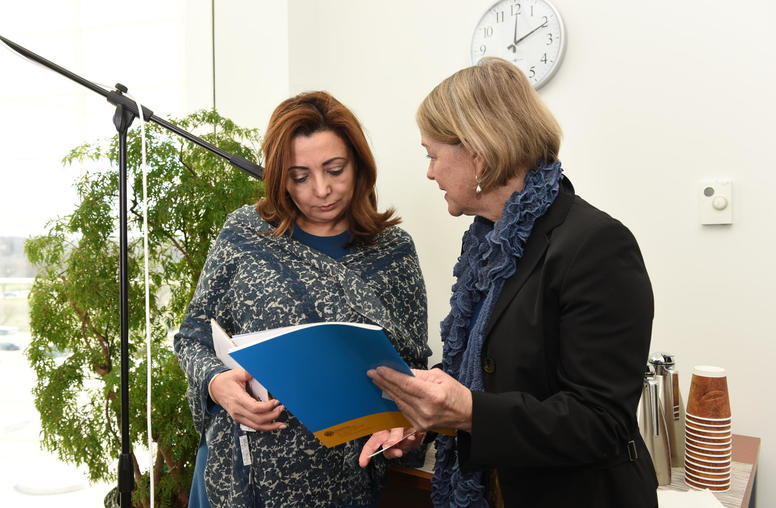
Group Leader in Nobel-Winning Quartet: Tunisia Needs Education Review for Jobs
The president of one of the four civil society organizations in the Nobel Prize-winning Tunisian National Dialogue Quartet said her country will need to make changes in its education system to reduce unemployment and adapt to an evolving economy. In a videotaped interview during a visit to USIP, Ouided Bouchamaoui talked about some of the many issues facing Tunisia during its still-precarious transition and about the status of women in society and the economy.